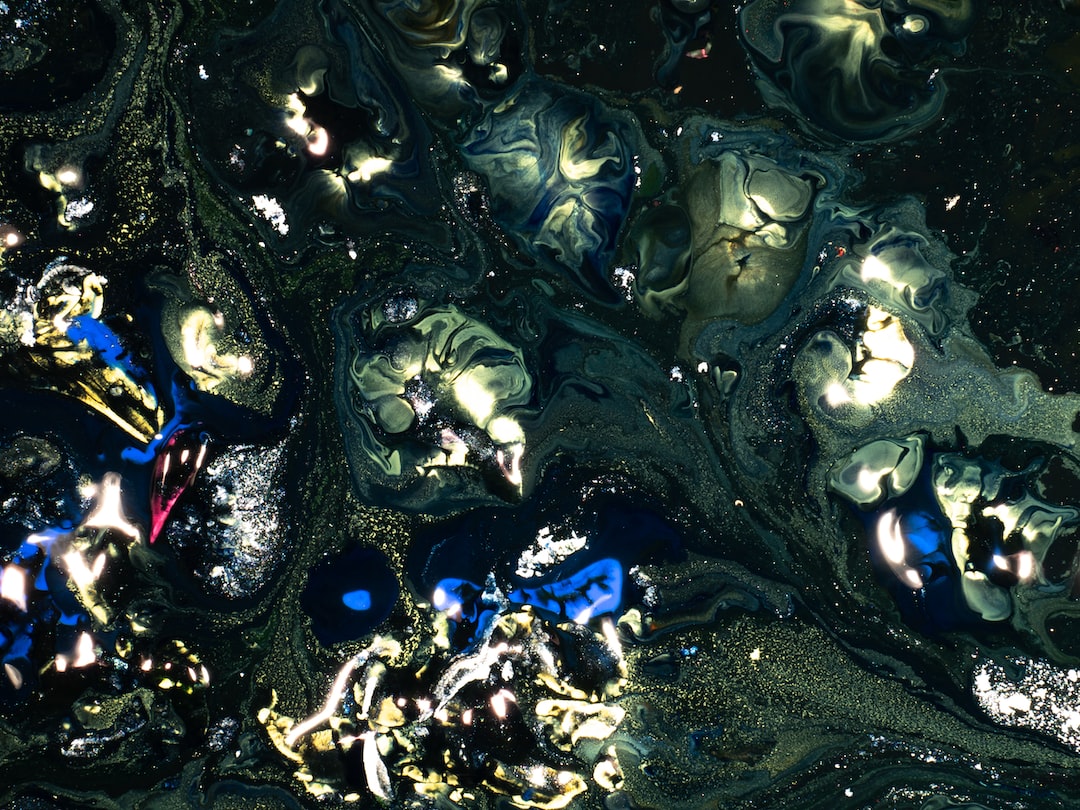Art therapy is an established form of therapy that involves utilizing various art-making tools and techniques to work with individuals to improve emotional, cognitive, and physical well-being. Mental health is a vast area of concern that affects different individuals with different challenges and struggles. It ranges from depression, anxiety, trauma, grief, and substance abuse. Art therapy provides a creative outlet that can help individuals explore their emotions, make sense of their experiences, and develop coping mechanisms.
Art therapy is mainly offered by trained art therapists, who work with individuals to express themselves through the creation of art. Art therapy is useful because it engages people to tap into their creative mode, utilizing their artistic abilities to visualize and express their emotions, thoughts, and perceptions. It provides an effective avenue for individuals to articulate what they cannot readily express in words.
Research evidence highlights the effectiveness of art therapy in treating mental health conditions. A systematic review by the British Association of Art Therapists suggests that art therapy provides a unique approach to help individuals with various mental health challenges. The review revealed that art therapy helps individuals with depression, anxiety, post-traumatic stress disorder (PTSD), addiction, and eating disorders.
One of the major ways that art therapy can help with mental health is by helping individuals to cope with trauma. Trauma is a psychological injury resulting from an event that threatens one’s life and safety. Art therapy serves as an essential tool in the processing of these traumatic experiences. The act of putting images on paper can help individuals understand the emotional and psychological impact of the event on them.
Art therapy can also serve as an effective means of communication and emotional regulation. Through the art-making process, individuals can find emotional relief by distancing themselves from painful feelings of anxiety, anger, and sadness, and by expressing these feelings in a way that provides a sense of control.
Depression is a common mental health challenge that many people face. Art therapy can serve as a valuable strategy to reduce symptoms of depression. Creating art stimulates the brain’s reward system and releases dopamine, an essential neurotransmitter that influences mood. This dopamine release enhances individuals’ feelings of pleasure and satisfaction, effectively reducing their symptoms of depression.
Finally, art therapy is an excellent tool for building self-esteem and promoting self-awareness. The creative process helps individuals to tune into their inner selves, which can improve self-awareness and build self-esteem. It also helps individuals develop a sense of accomplishment and purpose, which is critical in improving their overall well-being.
In conclusion, art therapy is an effective form of therapy that can help individuals deal with a wide range of mental health challenges. It utilizes the creative process to help individuals express themselves, manage their emotions and work through different mental health issues. Its benefits extend beyond the traditional verbal counseling methods and offer new opportunities for individuals to enhance their well-being. Art therapy offers a unique approach to treatment that can create lasting change for individuals with mental health challenges.

